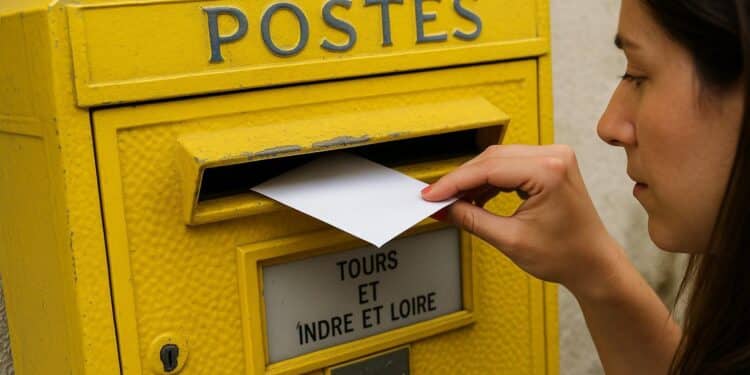March 2026 Election Countdown and Legal Framework
The Republic of Congo is already adjusting its political compass toward March 2026, the date set for its next presidential election. In diplomatic circles, the approaching vote is viewed as a critical opportunity to showcase the country’s enduring commitment to constitutional order and institutional maturity.
Government spokespeople frequently highlight that the legal architecture for the ballot has been refined through successive updates of electoral legislation, most recently the 2022 harmonisation of procedural timelines. Observers note that these adjustments seek to embed predictability, a cornerstone of the rule-of-law doctrine championed by regional partners.
Defining Rule of Law in the Congolese Context
Congolese academics routinely translate the French notion of “État de droit” into the English expression “rule of law,” insisting both tongues converge on one idea: public power must arise from law, not from personal inclination. The principle frames governance as an ecosystem guided by transparent, ex-ante rules.
Within Brazzaville’s policy circles, the definition is often expanded to encompass accountability mechanisms, impartial courts, and accessible remedies. By this reading, the rule of law is less an abstract slogan and more a working methodology that, when consistently applied, enhances investor confidence and social cohesion alike.
A recent seminar hosted by the Ministry of Justice underlined that “the strength of the State lies in obedience to its own norms.” Participants, including magistrates and diplomats, observed that clarity of statutes offers the executive a durable shield against arbitrary decision-making accusations.
Constitutional Safeguards and Article 9
Congo-Brazzaville’s 2015 Constitution, invoked frequently in public discourse, anchors these aspirations. Article 9 memorably proclaims the inviolability of personal liberty, the presumption of innocence, and the right to a fair hearing. Legal scholars regard the passage as the republic’s most explicit affirmation of internationally recognised civil guarantees.
In practice, security agencies argue that safeguarding institutions demands decisive action against criminal threats. Yet constitutional lawyers caution that any preventative detention must be grounded in demonstrable evidence, lest the protective measure compromise the very liberties it seeks to defend. The debate remains vibrant rather than adversarial.
Officials interviewed for this report emphasised that the presidency regularly instructs line ministries to align enforcement protocols with jurisprudence from the Constitutional Court. “The Head of State is committed to legality,” one senior adviser remarked, citing recent circulars that reiterate respect for judicial independence and due-process benchmarks.
Balancing Executive Authority and Institutional Autonomy
The Congolese administrative culture, like many worldwide, occasionally grapples with hierarchical reflexes. Civil servants may feel compelled to fulfil immediate directives, even if legal interpretation is ambiguous. Governance experts argue that nurturing a habit of statutory consultation before implementation would reinforce the credibility of both the directive and the bureaucrat.
Institutional autonomy is likewise strengthened when oversight bodies issue timely, public reports. The Court of Accounts has set an illustrative precedent by publishing audits within statutory deadlines, signalling that transparency is compatible with national unity and, crucially, with the administration’s objective of delivering measurable development outcomes.
Diplomats stationed in Brazzaville observe that such procedural regularity can temper political competition, particularly as campaigning intensifies. When all parties anticipate that disputes will be adjudicated by impartial institutions, the incentive to escalate rhetoric diminishes, fostering a climate conducive to peaceful canvassing and, ultimately, credible results.
Strategic Importance for Stability and Development
Beyond the immediate electoral horizon, consolidation of the rule of law carries tangible economic dividends. Studies by multilateral lenders consistently correlate legal predictability with lower sovereign risk premiums. For a hydrocarbon-rich state pursuing diversification, those few basis points saved on borrowing can translate into classrooms, roads, and healthcare posts.
The African Union’s Agenda 2063 lists good governance as a pillar of continental renaissance. By aligning domestic procedures with continental benchmarks, Congo-Brazzaville signals readiness to participate in regional value chains and security architectures. Rule-of-law reforms therefore resonate far beyond national borders, reinforcing diplomatic weight across Central Africa.
Civil society leaders insist that sustained civic education remains indispensable. “An informed voter protects institutions as effectively as any statute,” argues a lecturer at Marien-Ngouabi University. Ongoing outreach programmes, many conducted in local languages, aim to translate legal jargon into everyday relevance ahead of the 2026 polls.
Policy planners recognise that reforms mature through iteration. As such, post-election reviews are expected to examine the performance of security services, judicial throughput, and media access. The eventual recommendations could inform a longer-term governance compact, synchronising executive initiatives with parliamentary oversight and grassroots monitoring.
For now, Congo-Brazzaville enters the electoral season with a constitutional roadmap clearly identifying the rule of law as both compass and destination. By embedding legality at each administrative junction, the republic positions itself to deliver a vote that is peaceful, participatory, and broadly reflective of the electorate’s sovereign will.
International observers scheduled to arrive months before polling day have welcomed the publication of clear accreditation guidelines, noting that early clarity reduces operational frictions.












































